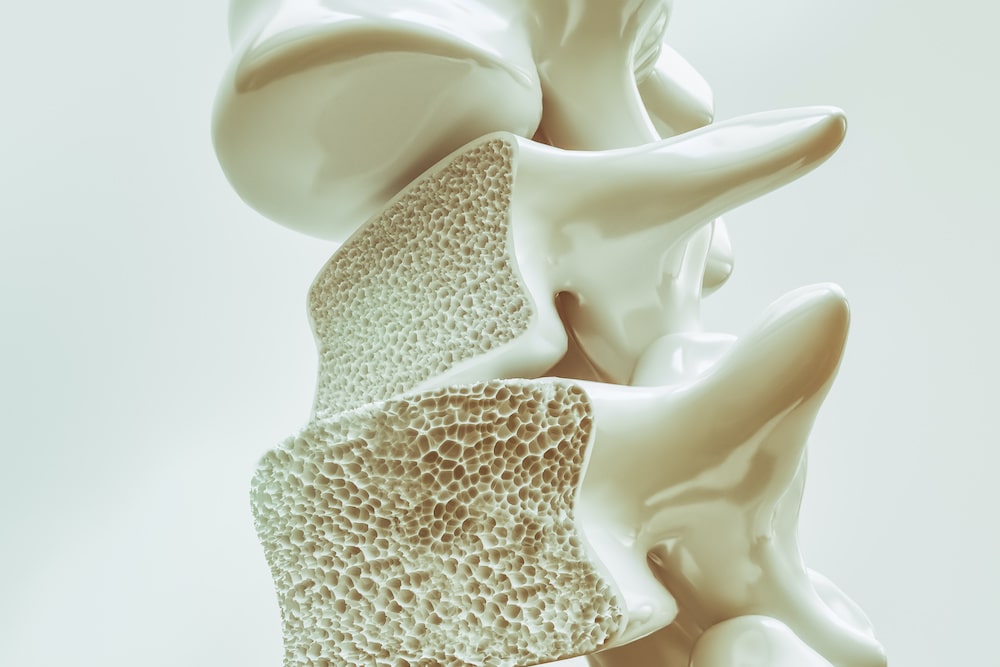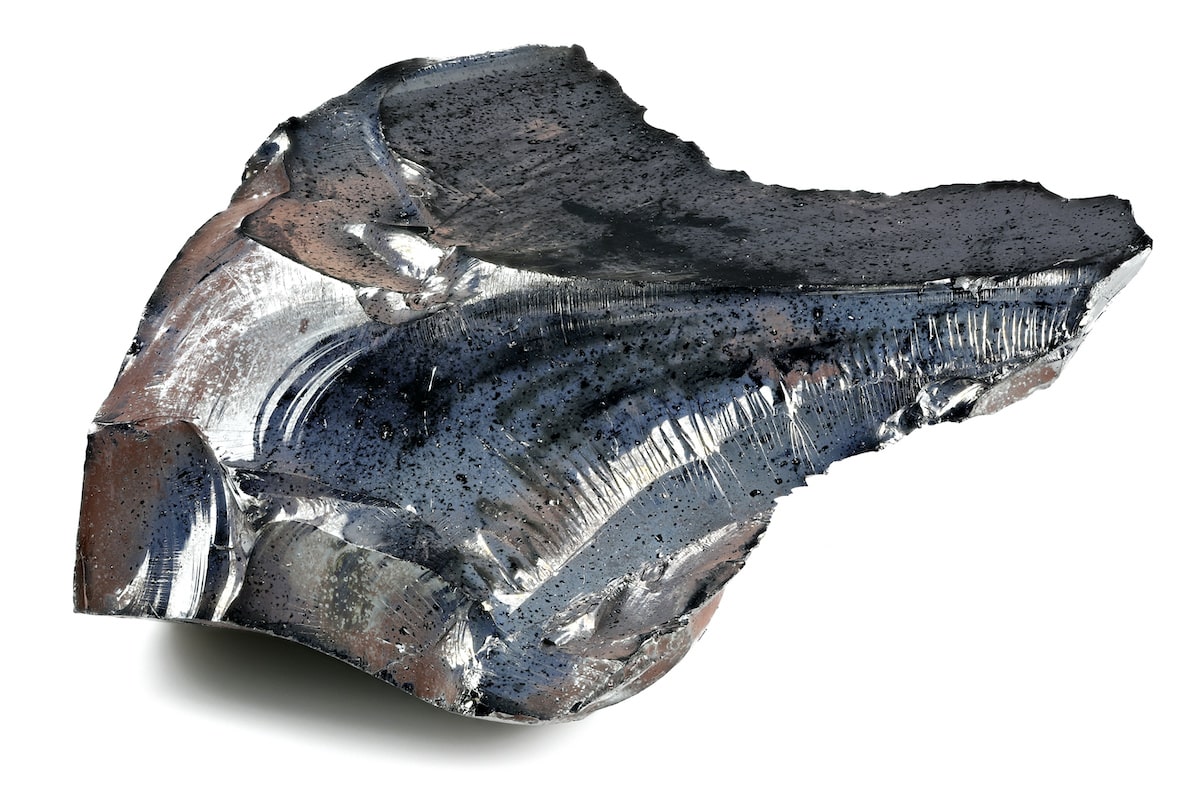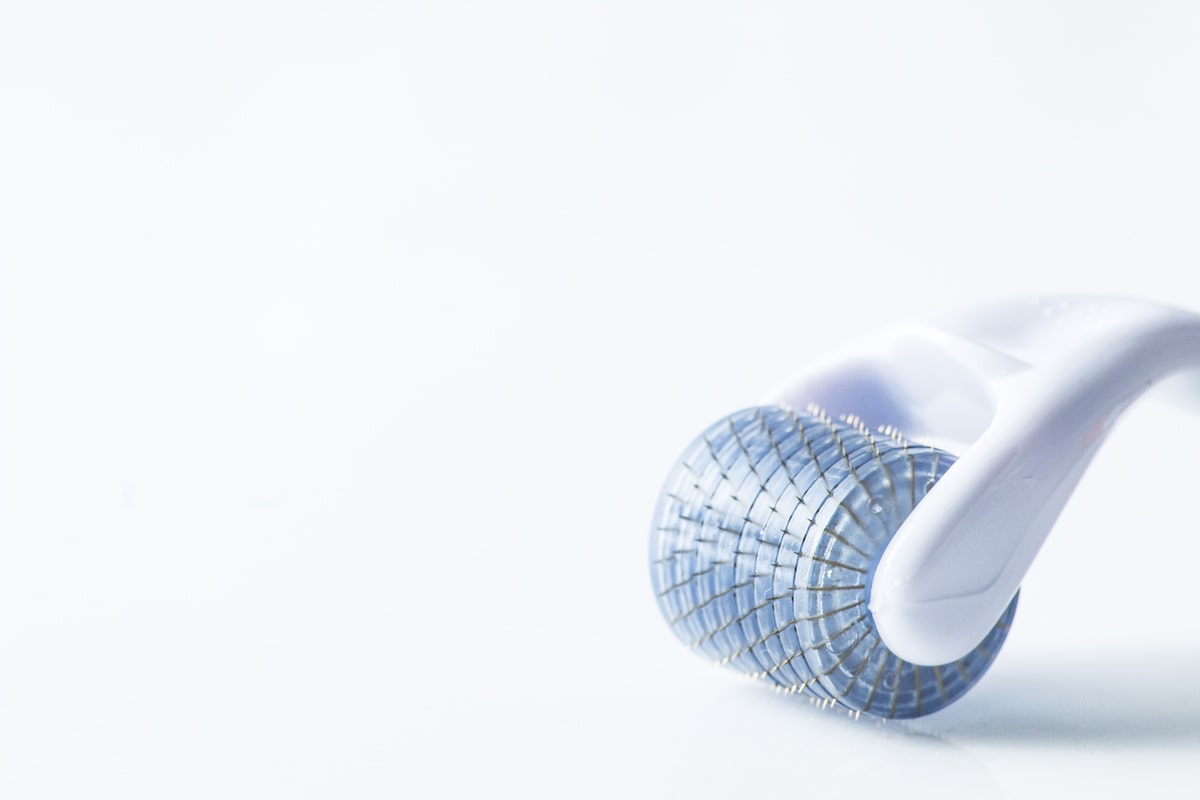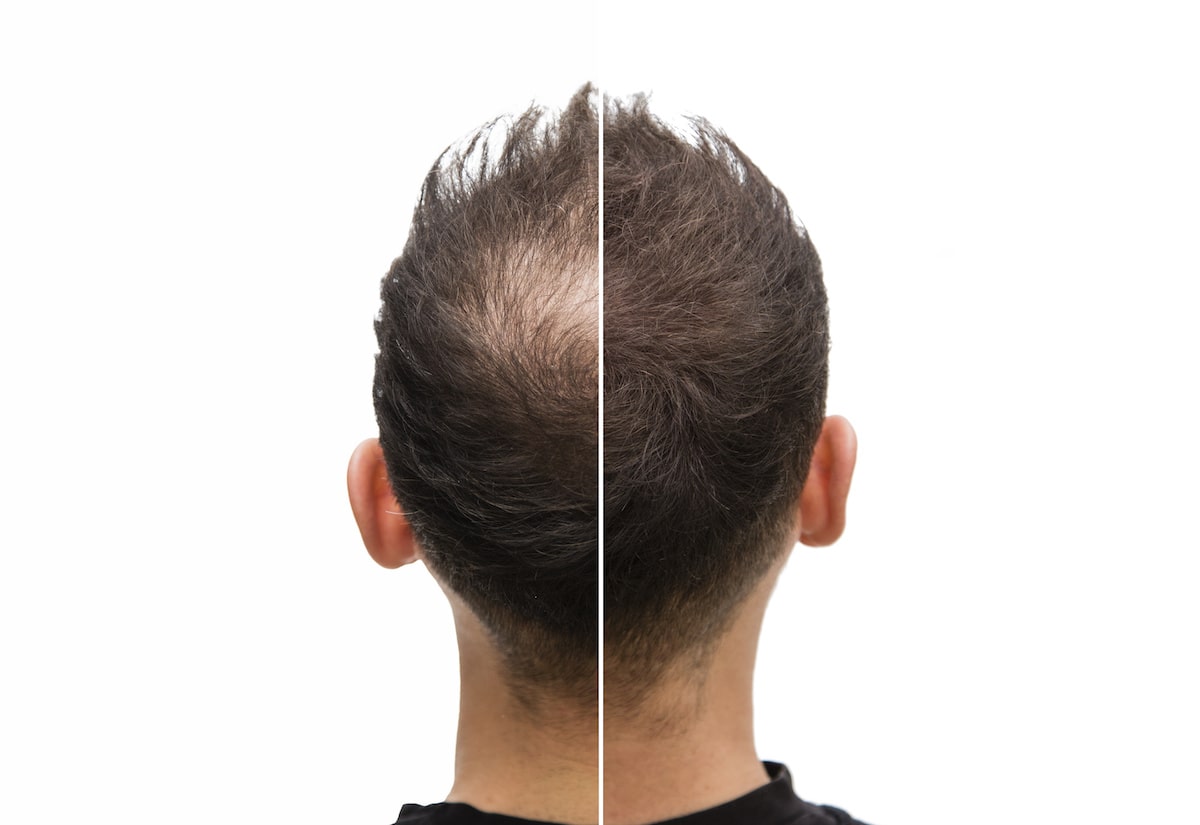- About
- Mission Statement
Education. Evidence. Regrowth.
- Education.
Prioritize knowledge. Make better choices.
- Evidence.
Sort good studies from the bad.
- Regrowth.
Get bigger hair gains.
Team MembersPhD's, resarchers, & consumer advocates.
- Rob English
Founder, researcher, & consumer advocate
- Research Team
Our team of PhD’s, researchers, & more
Editorial PolicyDiscover how we conduct our research.
ContactHave questions? Contact us.
Before-Afters- Transformation Photos
Our library of before-after photos.
- — Jenna, 31, U.S.A.
I have attached my before and afters of my progress since joining this group...
- — Tom, 30, U.K.
I’m convinced I’ve recovered to probably the hairline I had 3 years ago. Super stoked…
- — Rabih, 30’s, U.S.A.
My friends actually told me, “Your hairline improved. Your hair looks thicker...
- — RDB, 35, New York, U.S.A.
I also feel my hair has a different texture to it now…
- — Aayush, 20’s, Boston, MA
Firstly thank you for your work in this field. I am immensely grateful that...
- — Ben M., U.S.A
I just wanted to thank you for all your research, for introducing me to this method...
- — Raul, 50, Spain
To be honest I am having fun with all this and I still don’t know how much...
- — Lisa, 52, U.S.
I see a massive amount of regrowth that is all less than about 8 cm long...
Client Testimonials150+ member experiences.
Scroll Down
Popular Treatments- Treatments
Popular treatments. But do they work?
- Finasteride
- Oral
- Topical
- Dutasteride
- Oral
- Topical
- Mesotherapy
- Minoxidil
- Oral
- Topical
- Ketoconazole
- Shampoo
- Topical
- Low-Level Laser Therapy
- Therapy
- Microneedling
- Therapy
- Platelet-Rich Plasma Therapy (PRP)
- Therapy
- Scalp Massages
- Therapy
More
IngredientsTop-selling ingredients, quantified.
- Saw Palmetto
- Redensyl
- Melatonin
- Caffeine
- Biotin
- Rosemary Oil
- Lilac Stem Cells
- Hydrolyzed Wheat Protein
- Sodium Lauryl Sulfate
More
ProductsThe truth about hair loss "best sellers".
- Minoxidil Tablets
Xyon Health
- Finasteride
Strut Health
- Hair Growth Supplements
Happy Head
- REVITA Tablets for Hair Growth Support
DS Laboratories
- FoliGROWTH Ultimate Hair Neutraceutical
Advanced Trichology
- Enhance Hair Density Serum
Fully Vital
- Topical Finasteride and Minoxidil
Xyon Health
- HairOmega Foaming Hair Growth Serum
DrFormulas
- Bio-Cleansing Shampoo
Revivogen MD
more
Key MetricsStandardized rubrics to evaluate all treatments.
- Evidence Quality
Is this treatment well studied?
- Regrowth Potential
How much regrowth can you expect?
- Long-Term Viability
Is this treatment safe & sustainable?
Free Research- Free Resources
Apps, tools, guides, freebies, & more.
- Free CalculatorTopical Finasteride Calculator
- Free Interactive GuideInteractive Guide: What Causes Hair Loss?
- Free ResourceFree Guide: Standardized Scalp Massages
- Free Course7-Day Hair Loss Email Course
- Free DatabaseIngredients Database
- Free Interactive GuideInteractive Guide: Hair Loss Disorders
- Free DatabaseTreatment Guides
- Free Lab TestsProduct Lab Tests: Purity & Potency
- Free Video & Write-upEvidence Quality Masterclass
- Free Interactive GuideDermatology Appointment Guide
More
Articles100+ free articles.
-
Oral Minoxidil – Ultimate Guide
-
Introducing Ulo: The Future of Hair Loss Telemedicine
-
OS-01 Hair Review: Does It Live Up to the Hype?
-
Stretching The Truth: 3 Misrepresented Claims From Hair Loss Studies
-
Minoxidil Shedding – What to Expect & When it Stops
-
Does Minoxidil Cause Skin Aging?
-
Thermus Thermophilus Extract Does Not Increase Hair Density By 96.88%, Despite Dermatology Times’ Claims.
-
Does Retinoic Acid (Tretinoin) Improve Hair Growth From Minoxidil?
PublicationsOur team’s peer-reviewed studies.
- Microneedling and Its Use in Hair Loss Disorders: A Systematic Review
- Use of Botulinum Toxin for Androgenic Alopecia: A Systematic Review
- Conflicting Reports Regarding the Histopathological Features of Androgenic Alopecia
- Self-Assessments of Standardized Scalp Massages for Androgenic Alopecia: Survey Results
- A Hypothetical Pathogenesis Model For Androgenic Alopecia:Clarifying The Dihydrotestosterone Paradox And Rate-Limiting Recovery Factors
Menu- AboutAbout
- Mission Statement
Education. Evidence. Regrowth.
- Team Members
PhD's, resarchers, & consumer advocates.
- Editorial Policy
Discover how we conduct our research.
- Contact
Have questions? Contact us.
- Before-Afters
Before-Afters- Transformation Photos
Our library of before-after photos.
- Client Testimonials
Read the experiences of members
Before-Afters/ Client Testimonials- Popular Treatments
-
Last Updated: Jun 23, 2023Quick Wins
Quick Wins
Quick Wins are for our science-savvy readers. These articles are short-form, jam-packaged with studies, and focused on answering one specific question about hair loss. If you’re new to hair loss education, it’s better to start with our long-form articles.
Vitamin B1 for Hair Loss: Good or Bad for Hair Loss?
By Rob English | Nov 4, 2020
Vitamin B1 – also known as thiamin (or thiamine) – is part of the B-vitamin complex. Marketers claim that vitamin B1 can help support healthy hair growth, reduce hair shedding, and even prevent hair loss. Then again, marketers also make … Read More →
Calcium’s Role In Hair Loss? It’s Complicated.
By Rob English | Oct 20, 2020
The calcium-hair loss connection The connection between calcium and hair loss isn’t straightforward. On the one hand, no studies have directly examined the relationship between calcium and hair loss. On the other hand, calcium imbalances are common in chronic conditions … Read More →
Selenium & Hair Loss: How This Mineral Hurts (And Helps) Our Hair
By Rob English | Jul 23, 2020
Selenium is a trace mineral included in many hair health supplements. Why? According to supplement makers, selenium helps support the thyroid. And since poor thyroid health is linked to hair loss, selenium may help you “cover your bases” – all … Read More →
Vitamin E For Hair Loss: Fact Versus Fiction (Tocopherols & Tocotrienols)
By Rob English | Jul 23, 2020
Vitamin E is a cornerstone ingredient in many cosmetic products – especially those marketed to people with hair loss. The rationale from marketers of supplements and topicals? That vitamin E acts as an antioxidant, protects our hair from free radicals, … Read More →
Alopecia Areata: Causes, Treatments, & Why It’s Reversible | 2020 Review
By Rob English | Jul 14, 2020
Alopecia areata is an autoimmune form of hair loss that affects 2% of people worldwide. If you’re dealing with alopecia areata, the burden of hair loss often feels overwhelming – as the condition can progress rapidly, inexplicably, and without regard. … Read More →
Vitamin A (Beta Carotene, Retinol) For Hair Health: Worth Avoiding?
By Rob English | Jul 2, 2020
Vitamin A is considered essential for eye, skin, bone, dental, and intestinal health. It’s also one of the most commonly found vitamins inside hair loss supplements. But is there any evidence that vitamin A supplementation can help improve hair health… … Read More →
Scarring Alopecias: What Makes Them Unique (And Reversible)
By Rob English | Jul 2, 2020
Scarring alopecias make up about 7% of patients seen in hair loss clinics. This means almost 1 in 10 hair loss cases are attributed to scarring alopecia. In this article, we’ll outline what scarring alopecias are, what makes them unique, … Read More →
Oral Minoxidil For Female Hair Loss: How To Avoid Hypertrichosis (Unwanted Body Hair Growth)
By Rob English | Jan 17, 2020
Oral minoxidil for women with hair loss: an underutilized treatment? Although topical minoxidil seems to get most of the attention as a hair loss treatment, its oral counterpart is also effective at promoting hair regrowth in both males and females. … Read More →
Microneedling For Hair Loss: Daily, Weekly, Or Bi-Weekly?
By Rob English | Jan 16, 2020
How often should we microneedle for hair regrowth. Once every two weeks? Once per week? Once per day? More? Hair loss forums continue to debate this very question. Yes, evidence confirms that microneedling once every 1-3 weeks helps to regrow … Read More →
Scalp Micropigmentation: Mistakes To Avoid
By Rob English | Jan 16, 2020
Scalp micropigmentation – or scalp tattooing – is a cosmetic procedure for hair loss. If you’ve ever heard of microblading (eyebrow tattooing), it’s a similar procedure, whereby a physician or tattoo artist uses a tattoo gun to fill in sparse … Read More →
See all articles STOP GUESSING WHICH HAIR LOSS TREATMENTS ACTUALLY WORK.
Instead, just read my cheat sheet.
You’ll get the facts on nine “natural” and “conventional” hair loss treatments: how they work, how much hair they’ll regrow, their limitations, and what their marketers don’t want you know.
No spam. Unsubscribe any time.
- Mission Statement
 Scroll Down
Scroll Down








